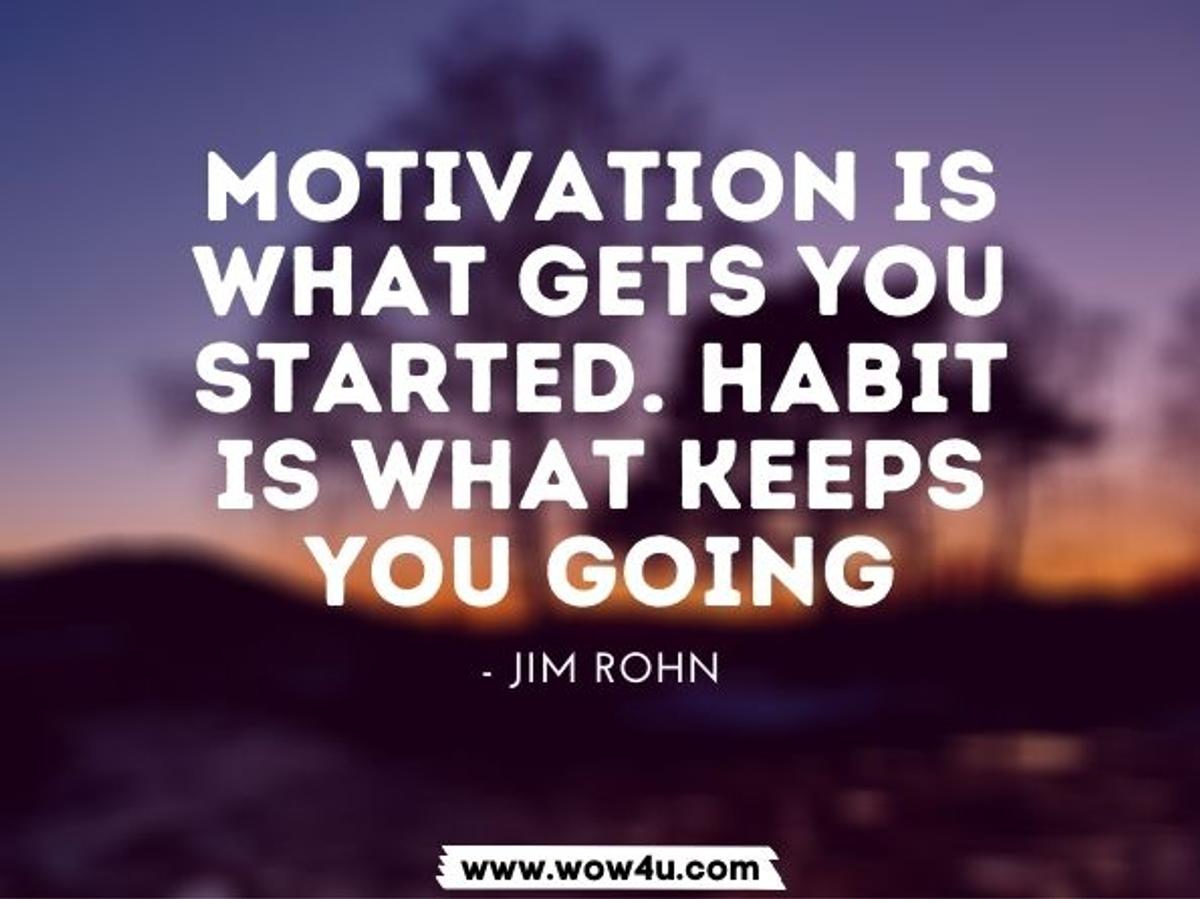The power of habit
Josip Loncaric

The power of habit
Josip Loncaric
We all want to be better at what we do. As humans, we start out with very clear intentions and a buzz of motivation when we set ourselves a goal. Think back to the annual New Year's resolutions that we all set - giving up junk food, losing weight, joining a gym, and all the other ideas that we have. Most of us don't follow through with these because we are starting with the result rather than the process. We know what the outcome is but we don't consider the steps or small habits that will reinforce your idea and make it come to life.
Consider one of the most common goals, resolutions, or statements that the average adult makes - "I want to get fit".
Some people will join a gym, start running or exercising at home or even join a sporting club to reach this outcome of getting fit. How hard is it to commit to going for a run for a set time or set distance four times a week and keep doing so for months or years?
We find it easy to make excuses and break a good habit to replace it with a bad habit. What would happen if we committed to running for five minutes a day? We may find it harder to give in to excuses because it is only five minutes. Now if those five minutes happened every week for nine weeks, I would form a new habit that had a baseline - Five minutes per day or 35 minutes per week. My body would appreciate the consistency and I would build a habit. Once I had become comfortable with five minutes per day, it is very likely that I could add another minute or more to each run, and all of a sudden, that outcome of committing to run each week has become a manageable and achievable habit that, once formed, will be hard for me to break.


This method is supported by award-winning writer James Clear, who wrote the fabulous book 'Atomic Habits' to help people form positive new ones and break negative old ones. Clear calls it the Four Laws:
Think about the current world that we live in where a global pandemic has completely changed everyone's lifestyle. Regardless of your industry, age, financial status or nationality, the habits that we have been forced to adopt (albeit monotonous) have become consistent. This is therefore a great time to remove some old habits and form some new habits in the current 'bubble' that we live in.
As the great Dutch footballer Johan
Cruyff once said "Every disadvantage has an advantage."